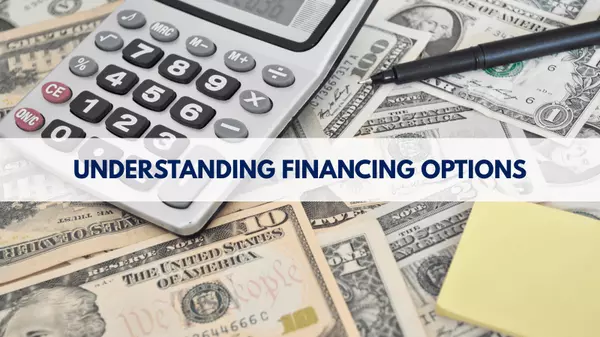How to Qualify for the Best Mortgage Rates
If you’re planning to buy a home, securing the best possible mortgage rate can save you thousands over the life of your loan. But how exactly do you qualify for those low, attention-grabbing rates lenders advertise? The answer involves a mix of preparation, financial discipline, and strategic timing.
Here’s what you need to know to increase your chances of locking in a great rate — and not just a “decent” one.

1. Know What Mortgage Lenders Are Looking For
Mortgage lenders consider several key factors when determining your interest rate:
-
Credit score
-
Debt-to-income (DTI) ratio
-
Down payment amount
-
Employment and income history
-
Loan type and term
The stronger your profile in each of these areas, the more negotiating power you’ll have with lenders.
2. Boost Your Credit Score Before Applying
Your credit score is one of the biggest influencers on your mortgage rate. A higher score means less risk to the lender — which means lower interest for you.
Tips to improve your score:
-
Pay down revolving credit (especially credit cards).
-
Avoid opening new accounts right before applying.
-
Make all payments on time — even minimum payments.
-
Review your credit reports for errors and dispute anything inaccurate.
Aim for a score of 740 or higher to access the most competitive rates.
3. Keep Your Debt-to-Income Ratio Low
Lenders prefer borrowers with a DTI under 36%, and many reserve their best rates for those under 30%. If you’re carrying a lot of monthly debt — from student loans, car payments, or credit cards — consider paying those down before applying for a mortgage.
4. Save for a Larger Down Payment
Putting down more money upfront reduces the lender’s risk, often resulting in a better interest rate. While 20% is the classic benchmark, even increasing your down payment from 5% to 10% can lead to more favorable terms.
5. Shop Around and Compare Offers
Don’t settle for the first lender who says “you’re approved.” Rates, fees, and service levels can vary widely — and even a slight difference in your interest rate can cost (or save) you thousands over the life of the loan.
Tip: Prioritize local lenders who understand the Central PA market. They often provide more responsive, personalized service than big national banks.
6. Consider the Loan Type and Term
Fixed-rate vs. adjustable-rate, 15-year vs. 30-year — each loan structure affects your rate. Fixed-rate mortgages usually come with slightly higher interest but more predictability. Shorter-term loans often have lower rates but higher monthly payments.
Ask your lender to model multiple scenarios so you can compare not just the rates, but the total cost over time.
Final Thoughts
Qualifying for the best mortgage rate isn’t about luck — it’s about preparation. By focusing on your credit, income, and overall financial health, you’ll be in a stronger position to not only get approved but to get approved on your terms.
And if you’re looking for experienced guidance to help you connect with trusted local lenders, TeamPete Realty is here to help.
Categories
Recent Posts











